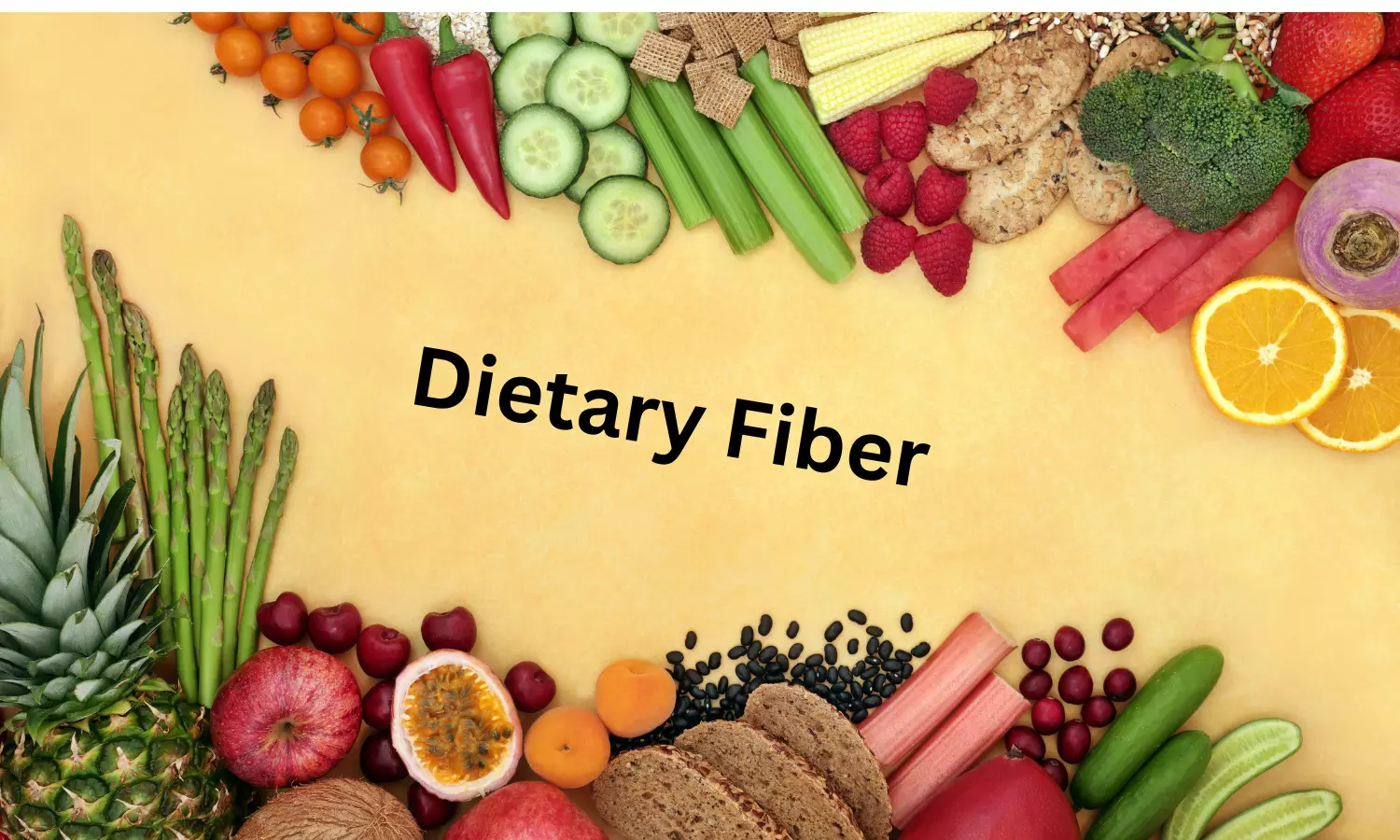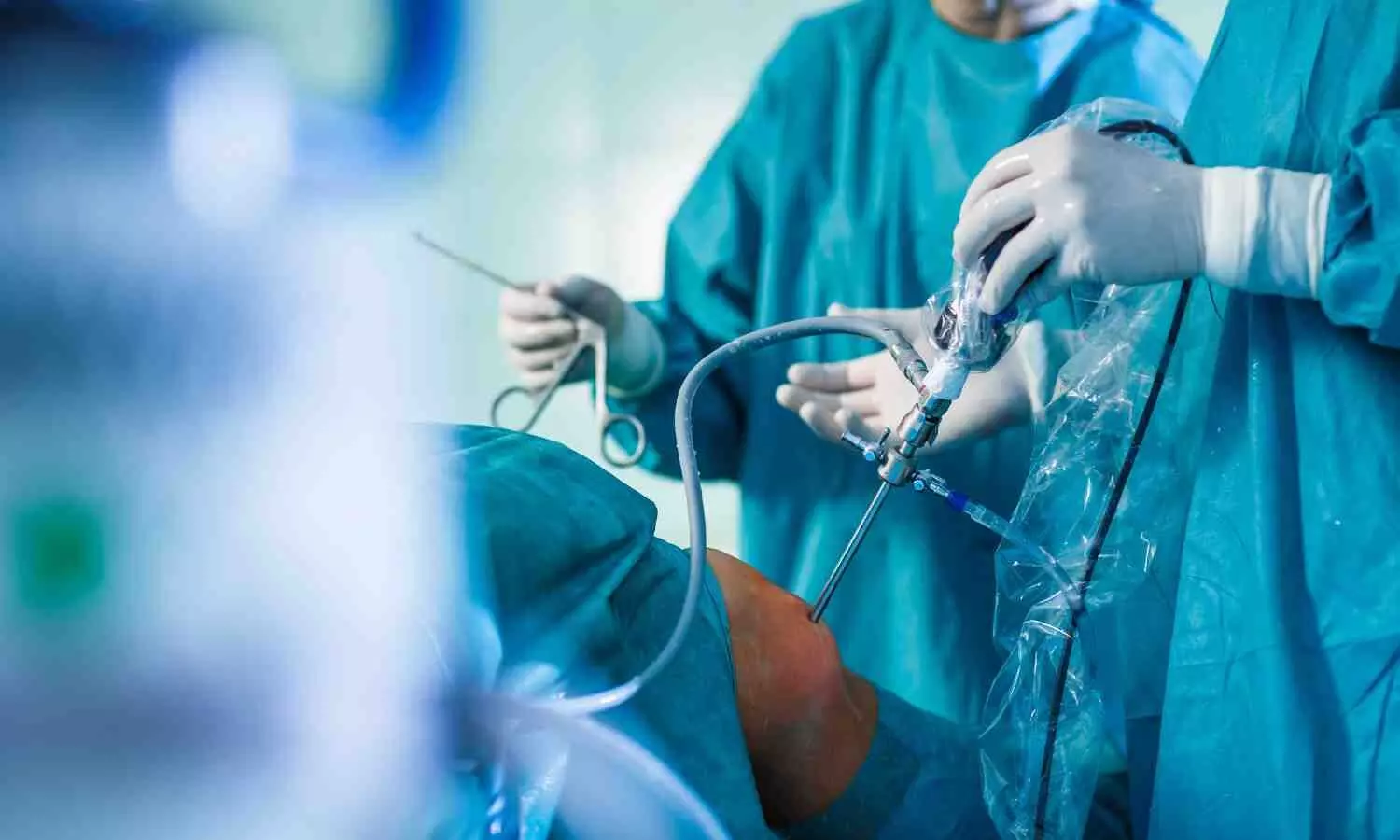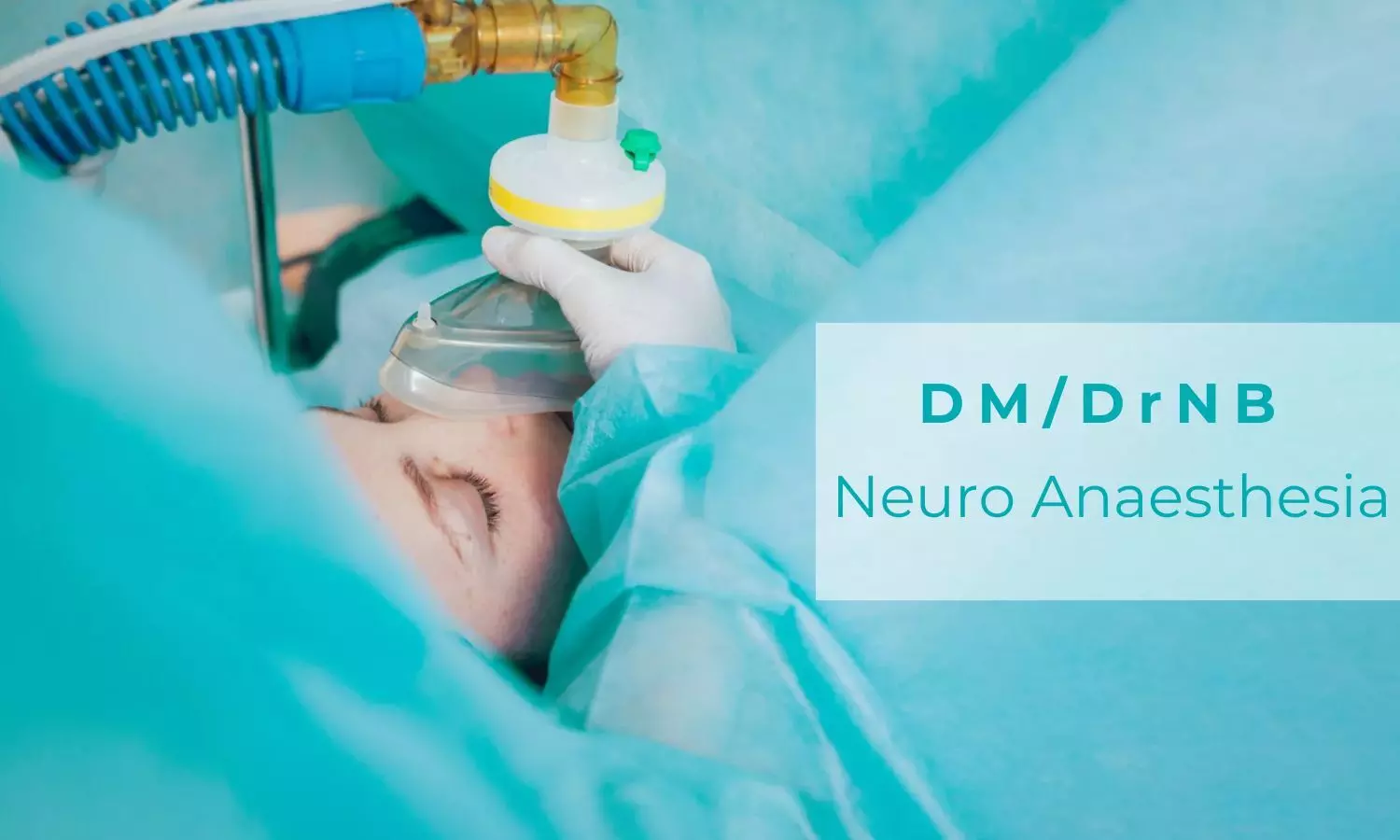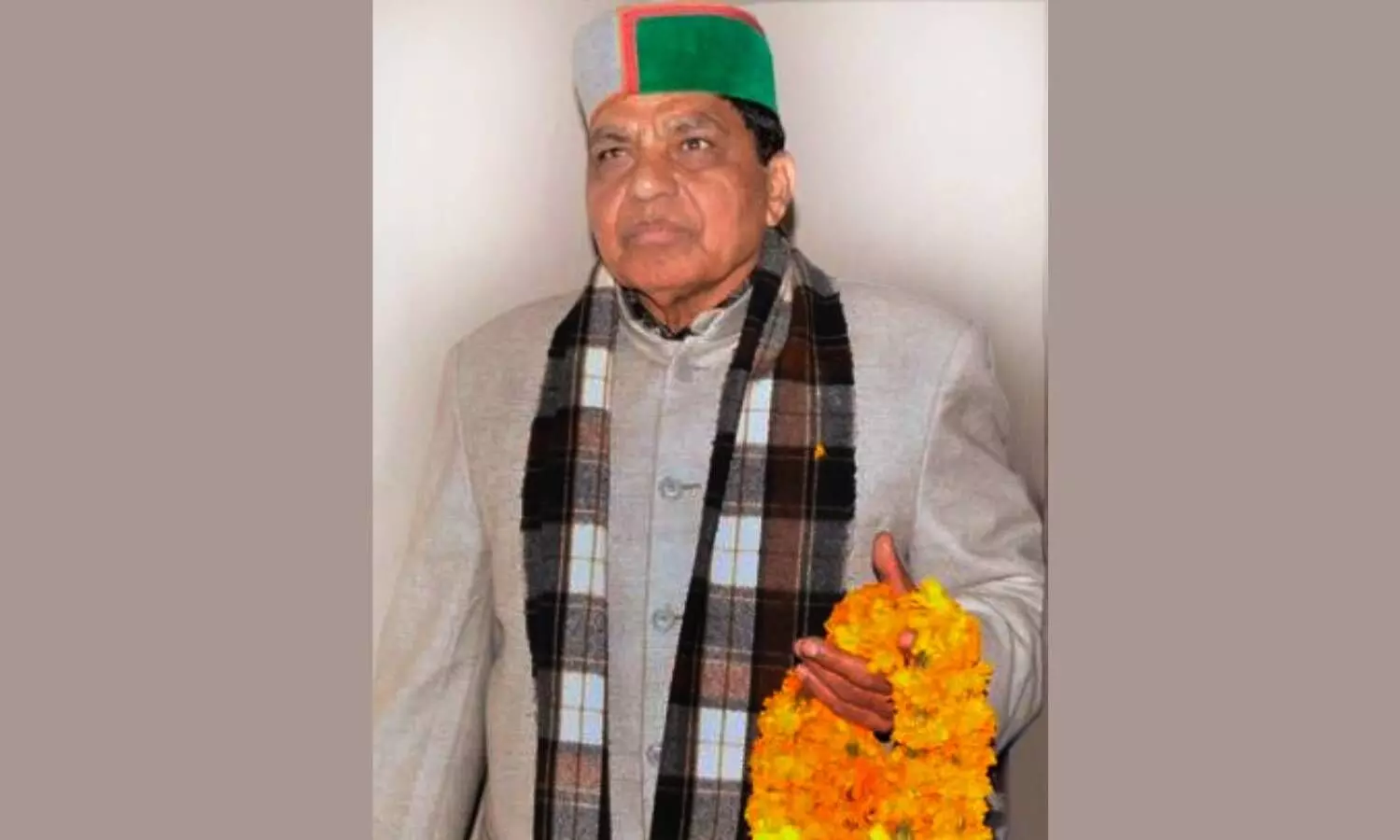Dietary Fiber May Help Reduce Colorectal Cancer Risk Linked to Gut Bacteria: Study Finds

Canada: Colorectal cancer rates have been increasing among younger individuals, prompting researchers to investigate the role of diet and gut bacteria in cancer development. A recent study by researchers at the University of Toronto explored how dietary choices interact with bacteria in the gut, particularly Escherichia coli (E. coli), to influence colorectal cancer risk.
The study was published online in Nature Microbiology on March 3, 2025, and conducted by Alberto Martin, Department of Immunology, University of Toronto, Toronto, Ontario, Canada, and colleagues.
Using a mouse model, scientists examined the effects of three different diets—low-carb, normal, and Westernized—while exposing the mice to specific bacterial strains, including Bacteroides fragilis, Helicobacter hepaticus, and colibactin-producing E. coli (pks+ E. coli). Their findings highlighted a concerning link between low-carb, low-fiber diets and increased polyp formation in the presence of pks+ E. coli, which may raise the risk of colorectal cancer.
The study revealed that mice on a low-carb, low-fiber diet colonized with pks+ E. coli developed more polyps and tumors than those on other diets. This is significant, as E. coli is found in approximately 60% of colorectal cancer cases. The low-carb diet also thinned the protective mucus layer in the colon, making it easier for colibactin, a genotoxin produced by E. coli, to damage DNA. The affected mice showed DNA damage, increased inflammation, and cellular senescence—key factors contributing to cancer development.
Interestingly, when fiber was introduced into the diet, tumor formation was reduced, and inflammation levels improved. This suggests that dietary fiber protects against the harmful effects of pks+ E. coli, possibly by maintaining gut health and reducing inflammation.
The study emphasizes the importance of diet in cancer prevention, particularly the potential dangers of low-carb diets that lack fiber. While low-carb diets, such as keto, have gained popularity for weight management, their long-term health effects remain a topic of concern. The researchers now aim to explore which types of dietary fiber offer the most protective benefits and whether similar effects are observed in humans.
These findings highlight the complex relationship between diet, gut bacteria, and cancer risk, reinforcing the importance of a balanced diet rich in fiber to support gut health and reduce the likelihood of colorectal cancer development.
“The pks+ E. coli led to more polyp growth in mice with impaired DNA repair by triggering harmful cellular changes linked to aging. Additionally, inflammation further increased its cancer-promoting effects in these mice. These findings suggest that diet and genetics play a role in how this common bacterium contributes to cancer development,” the researchers concluded.
Reference:
Thakur, B. K., Malaise, Y., Choudhury, S. R., Neustaeter, A., Turpin, W., Streutker, C., Copeland, J., Wong, E. O., Navarre, W. W., Guttman, D. S., Jobin, C., Croitoru, K., & Martin, A. (2025). Dietary fibre counters the oncogenic potential of colibactin-producing Escherichia coli in colorectal cancer. Nature Microbiology, 1-16. https://doi.org/10.1038/s41564-025-01938-4
Powered by WPeMatico




